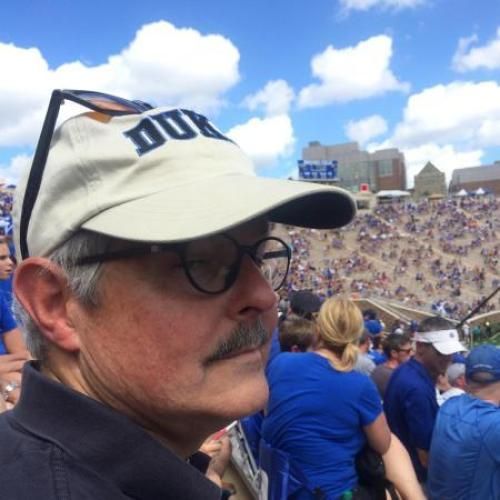
Regulation of the immune response. I. Regulatory cell equilibrium in the "virgin" state.
Spleen cells from pairs of inbred mice (age- and sex-matched) were challenged in vitro with a T-independent antigen. The specific plaque-forming cell (PFC) response in cultures containing cells from both donors was not intermediate to the responses of independently cultured donor spleen cells. Instead, a pattern of significant suppression (67% of pairs tested) or enhancement (22% of pairs tested) was observed. The suppression or enhancement was antigen-specific and did not represent a general phenomenon within the mixed cultures. A suppressive outcome in mixed cell cultures seems to be associated with cells from the donor with the higher individual PFC response. The converse is true for enhancement. The nonadditive nature of the PFC response in mixed cultures and the frequency of suppression to enhancement (3:1) imply that (a) specific, ongoing immunoregulation occurs even in the naive individual, and (b) this regulation is characterized by regular cycles of specific suppression and enhancement.
Duke Scholars
Published In
DOI
ISSN
Publication Date
Volume
Issue
Start / End Page
Location
Related Subject Headings
- Trinitrobenzenes
- T-Lymphocytes
- Spleen
- Mice, Inbred BALB C
- Mice
- Male
- Lymphocyte Activation
- Immunosuppression Therapy
- Immunology
- Hemolytic Plaque Technique
Citation

Published In
DOI
ISSN
Publication Date
Volume
Issue
Start / End Page
Location
Related Subject Headings
- Trinitrobenzenes
- T-Lymphocytes
- Spleen
- Mice, Inbred BALB C
- Mice
- Male
- Lymphocyte Activation
- Immunosuppression Therapy
- Immunology
- Hemolytic Plaque Technique

